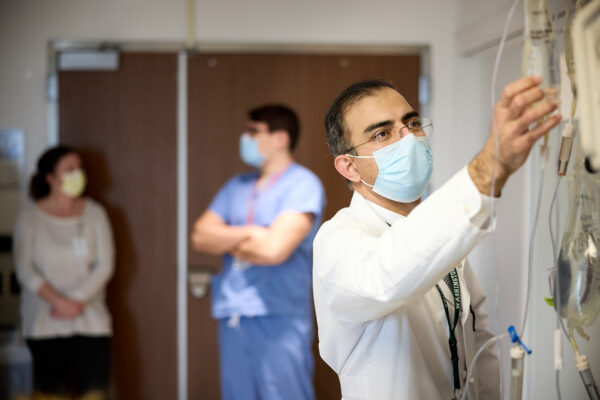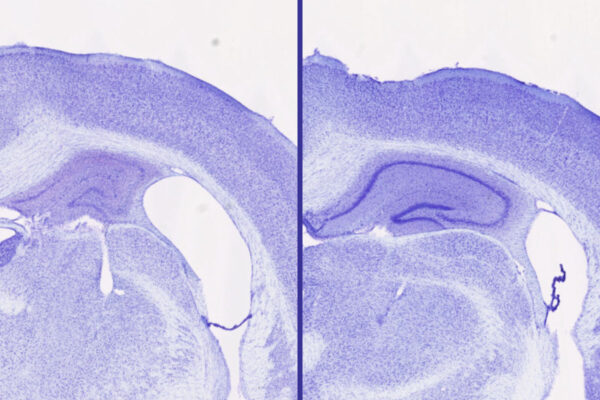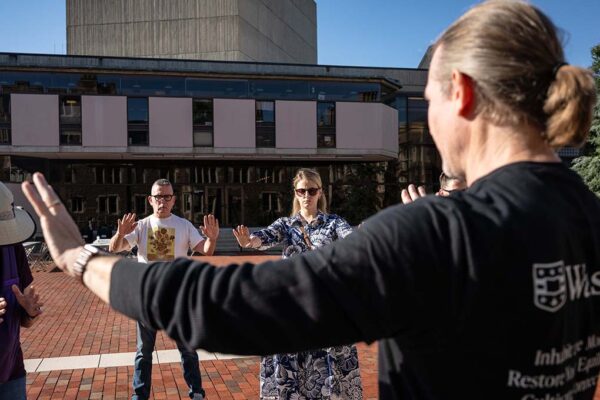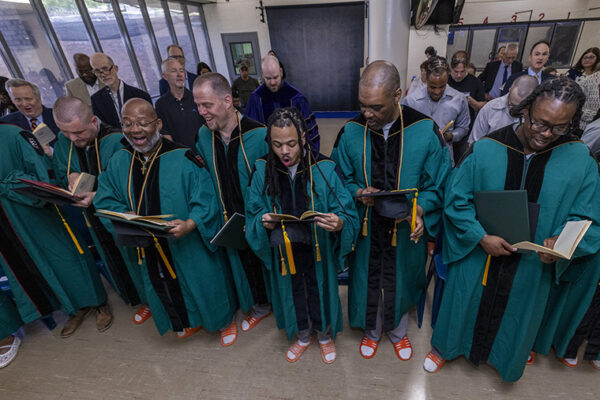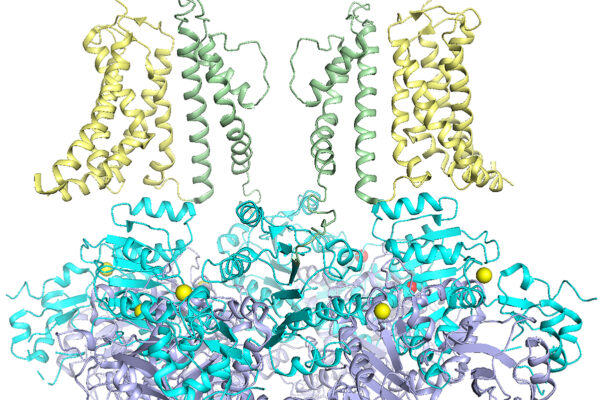Innovative immunotherapy shows promise against aggressive T cell cancers
An international clinical trial led by WashU Medicine researchers shows an innovative CAR-T cell immunotherapy is promising against aggressive T cell cancers and has manageable side effects.
WashU community answers call to help in north St. Louis
In the wake of the devastating May 16 tornado, several Washington University in St. Louis teams, as well as numerous individual employees and students, have answered the call to help through service and donations — showcasing WashU’s commitment to St. Louis. Here’s how you can get involved.
Research untangles role of stress granules in neurodegenerative disease
Researchers at WashU and St. Jude Children’s Research Hospital have found that biomolecular condensates play a role in suppressing the effects of ALS-causing mutations.
WashU experts defend fluoride with facts
Amid growing misinformation, WashU health experts provided Rolla leaders with clear data to support smart health policy. City leaders voted to preserve fluoride in the water supply.
Sleep aid blocks neurodegeneration in mice
A new study by WashU Medicine researchers suggests that lemborexant and sleep aids that work the same way could help treat or prevent damage caused by harmful buildup of the protein tau in multiple neurodegenerative diseases, including Alzheimer’s.
Private equity ownership tied to lower psychiatric hospital staffing, higher quality performance
Private equity ownership of psychiatric hospitals in the United States is associated with lower staffing levels, but also higher performance on certain quality measures, finds a new study from the Brown School at Washington University in St. Louis.
Can mindfulness combat anxiety?
Researchers at WashU explore the potential for mindfulness techniques to calm anxiety.
‘Miracles can happen’
Twelve new graduates of the School of Continuing & Professional Studies Prison Education Project received their degrees May 14 during a commencement ceremony held at the Missouri Eastern Correctional Center in Pacific.
Genetic mutations in potassium ion channel target of new drug development
Researchers at WashU will study ways to fix malfunctioning ion channels responsible for neurological and heart illness.
WashU community joins neighbors in tornado recovery
As the St. Louis region continues to clean up and assess damage from last week’s storms and deadly tornado, the WashU community has quickly mobilized to help its neighbors. There are still opportunities for volunteering, donating and finding support if you were affected.
View More Stories
